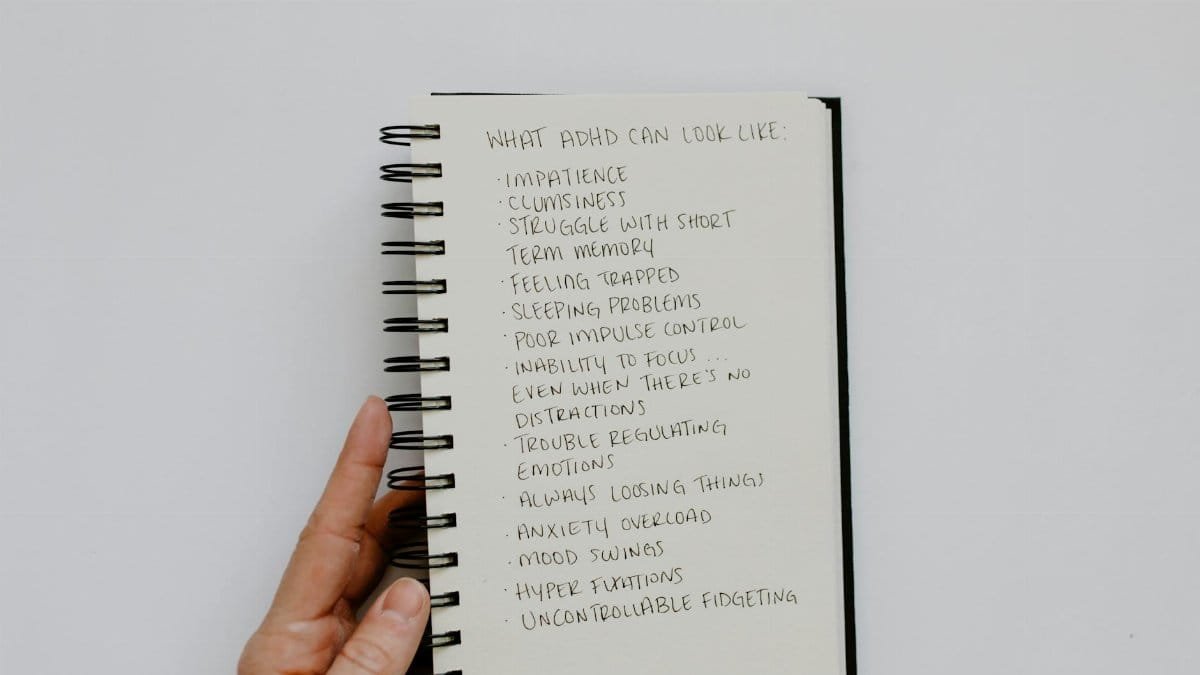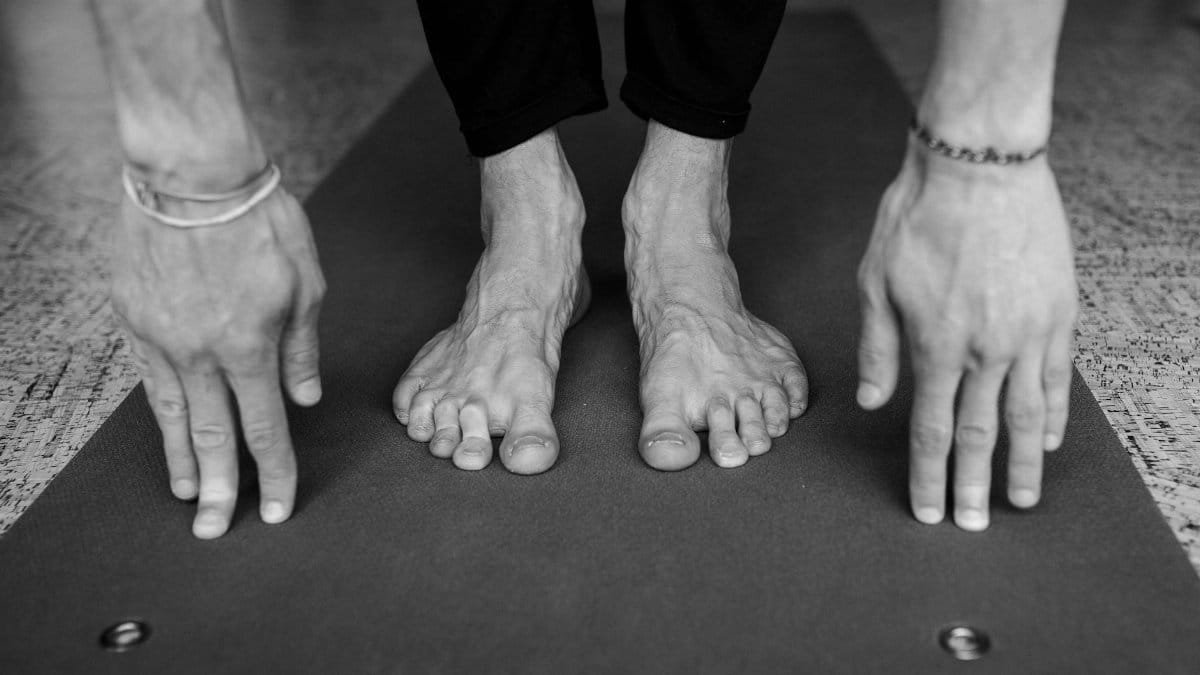Imagine a quiet room in a bustling city, where a small group gathers each morning, sitting cross-legged on cushions, eyes closed, breathing in unison. This scene, repeated in community centers and yoga studios across the U.S., captures a growing fascination with meditation. Far from a passing trend, the practice is now tethered to a mounting body of evidence. Meditation health benefits, once dismissed as anecdotal or niche, are stepping into the spotlight, validated by rigorous studies from leading institutions. For many Americans grappling with stress, chronic pain, or restless minds, this ancient practice offers a lifeline—one that science is finally beginning to explain. What’s behind this shift? And why are so many turning to something so seemingly simple in 2025?
This isn’t just about finding inner peace. From reducing blood pressure to rewiring neural pathways, the impacts are tangible and wide-ranging. Let’s unpack 12 surprising health benefits of meditation, each supported by recent research, and see why this practice is no longer just for monks or mystics.
1. Lowers Stress Hormones

Cortisol, the body’s main stress hormone, often runs rampant in our high-pressure lives. Meditation offers a direct counterpunch. A 2017 study from the University of California, Davis, found that mindfulness meditation can slash cortisol levels by up to 25% after just eight weeks of consistent practice. Participants reported feeling less overwhelmed by daily demands, a finding echoed in countless personal accounts. Think of it as a reset button for the nervous system, one that doesn’t require a prescription.UC Davis Health highlights how this reduction can ripple outward, easing tension in both mind and body.
Consider the harried parent juggling work and family, who, after a 10-minute session, feels the knot in their chest loosen. It’s not magic—it’s biology. By dialing down stress responses, meditation creates space for clearer thinking, even on the toughest days.
2. Reduces Symptoms of Anxiety

For the millions of Americans wrestling with anxiety, meditation isn’t just a nice idea; it’s a tool with measurable impact. Research published in JAMA Internal Medicine in 2014 showed that mindfulness-based programs reduced anxiety symptoms by nearly 30% in participants with diagnosed disorders. The study emphasized meditation’s ability to break the cycle of intrusive thoughts.JAMA Internal Medicine underscores how this isn’t fleeting relief but a shift in how the brain processes worry.
Picture someone sitting in a quiet corner of their home, focusing on their breath as racing thoughts slow to a trickle. Over time, that practice builds resilience. It’s not about erasing anxiety but learning to sit with it, to lessen its grip.
3. Improves Sleep Quality

Tossing and turning at night is a familiar struggle, but meditation might be the unexpected remedy. A 2015 meta-analysis from Harvard Medical School found that mindfulness meditation significantly improved sleep quality for those with insomnia, often rivaling the effects of medication without the side effects. The mechanism? It calms the mind’s chatter, easing the transition into rest.Harvard Health notes that even short daily sessions can make a difference.
One anonymous account shared online described the shift vividly: after weeks of guided meditation before bed, they went from dreading nighttime to actually looking forward to it. That’s the kind of change that reshapes daily life, one restful night at a time.
4. Lowers Blood Pressure

Heart health isn’t just about diet and exercise—meditation plays a surprising role too. A study by the American Heart Association in 2017 revealed that regular meditation can lower blood pressure by an average of 5-7 mmHg, a reduction that can cut cardiovascular risks. The practice triggers relaxation responses, easing strain on blood vessels.American Heart Association points out that this benefit holds even for those with mild hypertension.
This isn’t abstract. Imagine a middle-aged worker, stressed by deadlines, finding their readings drop after a month of brief sessions. It’s a small habit with outsized effects, offering a buffer against one of America’s leading health threats in 2025.
5. Enhances Focus and Concentration

In an era of constant notifications, staying focused feels like a superpower. Meditation, particularly mindfulness techniques, sharpens that skill. Studies from the University of California, Santa Barbara, show that just two weeks of practice can improve attention spans and reduce mind-wandering by measurable margins. The brain’s prefrontal cortex, tied to focus, shows increased activity post-meditation.UCSB Psychology details how these changes stick with regular effort.
It’s not hard to see why this matters. Students cramming for exams or professionals buried in emails often find their scattered thoughts settling after a session. That clarity isn’t just refreshing—it’s a competitive edge.
6. Boosts Emotional Resilience

Life throws curveballs, but meditation can help catch them. Research indicates it strengthens emotional regulation by enhancing activity in the amygdala, the brain’s emotional hub. A 2016 study from Carnegie Mellon University found participants better handled negative emotions after mindfulness training, reporting less reactivity to stressors. This isn’t about numbing feelings but navigating them with steadiness.
Think of a heated family argument cooling down because one person took a mindful pause. That’s resilience in action—small moments of calm that prevent larger storms. It’s a skill anyone can build, no guru required.
7. Eases Chronic Pain

For those living with chronic pain, meditation offers a lifeline beyond pills. A 2016 review in the Journal of Pain found that mindfulness-based interventions reduced pain intensity by up to 22% in patients with conditions like fibromyalgia. It doesn’t erase the ache but shifts how the brain perceives it, lessening suffering.Journal of Pain confirms this isn’t placebo—it’s a rewiring of pain pathways.
One person’s story stands out: a back-pain sufferer who, after months of guided sessions, described the hurt as “still there, but no longer in charge.” That’s the power of perspective.
8. Strengthens Immune Response

Could sitting still boost your body’s defenses? Science says yes. A 2012 study from the University of Wisconsin-Madison linked meditation to higher antibody levels after flu vaccination, suggesting an enhanced immune response. Stress reduction likely plays a role, freeing up resources for bodily repair.UW-Madison News highlights how this could mean fewer sick days.
In a world still wary of seasonal bugs in 2025, that’s no small perk. It’s a reminder that mental practices can bolster physical shields, connecting mind and body in unexpected ways.
9. Supports Addiction Recovery

Breaking free from addiction is grueling, but meditation can lighten the load. Mindfulness-based relapse prevention programs have shown promise in reducing cravings for substances like alcohol and opioids, per a 2018 meta-analysis. By fostering awareness of triggers, it helps individuals choose differently.NIH Study notes significant drops in relapse rates among participants.
This isn’t theoretical. Picture someone pausing to breathe through a craving, sidestepping a spiral. That moment of control, repeated daily, builds a foundation for lasting change.
10. Improves Mood and Reduces Depression

Meditation isn’t a cure for depression, but it’s a powerful ally. A 2010 study in Archives of General Psychiatry found mindfulness-based cognitive therapy cut relapse rates by nearly half for those with recurrent depression. It teaches recognition of negative thought patterns without sinking into them.JAMA Psychiatry backs this as a viable complement to traditional care.
For many, it’s a flicker of light on darker days. Small, consistent sessions can shift the emotional baseline, offering relief when it’s needed most.
11. Enhances Self-Awareness

Knowing oneself sounds lofty, but meditation makes it practical. By observing thoughts without judgment, practitioners often gain insight into their habits and biases. Research from Yale University suggests mindfulness increases activity in brain regions tied to self-reflection, fostering clarity about personal values and reactions.Yale News ties this to better decision-making.
This isn’t navel-gazing. It’s noticing why certain comments sting or why stress spikes in specific moments. That awareness can transform relationships and choices, one quiet minute at a time.
12. Promotes Long-Term Brain Health

As we age, protecting the brain becomes urgent. Meditation may help. A 2015 UCLA study found long-term meditators had less age-related gray matter loss compared to non-meditators, hinting at a protective effect against cognitive decline.UCLA Health suggests this could delay conditions like Alzheimer’s. It’s not a guarantee, but it’s a compelling reason to start now.
Envision an older adult, still sharp and engaged, crediting years of practice for their mental agility. In 2025, with dementia fears looming for many, meditation health benefits offer a proactive step worth considering.
These 12 meditation health benefits, grounded in science, paint a picture of a practice that’s far more than a wellness fad. From tangible shifts in blood pressure to subtler gains in emotional grit, the evidence keeps stacking up. Across the U.S., people are weaving this habit into messy, busy lives—not for perfection, but for balance. Maybe it’s time to sit down, breathe, and see what unfolds. The research, at least, suggests it’s worth a try.
